1899 Second Boer War began as the Republic of Transvaal and the Orange Free State declared war on Britain to gain control of mining areas. The conflict lasted three years and ended in the annexation of the Boer Republics into British South Africa. (The First Boer War was 1880-1881.) The Netherlands whence came the Boers remained neutral in both conflicts. About 20,000 Australians took part, including Harry Morant who killed unarmed and defenceless Boer prisoners and a clergyman who had witnessed these murders. He became an Australia hero. Below are Boer irregulars at Mafikeng.
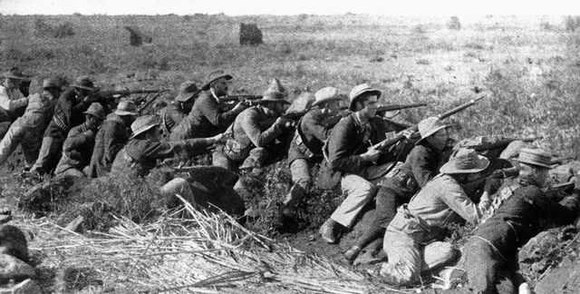
1939 FDR read Albert Einstein’s letter about an atomic bomb. It is a terse, short letter of less than two pages. Little Boy and Fat Man followed in 1945.
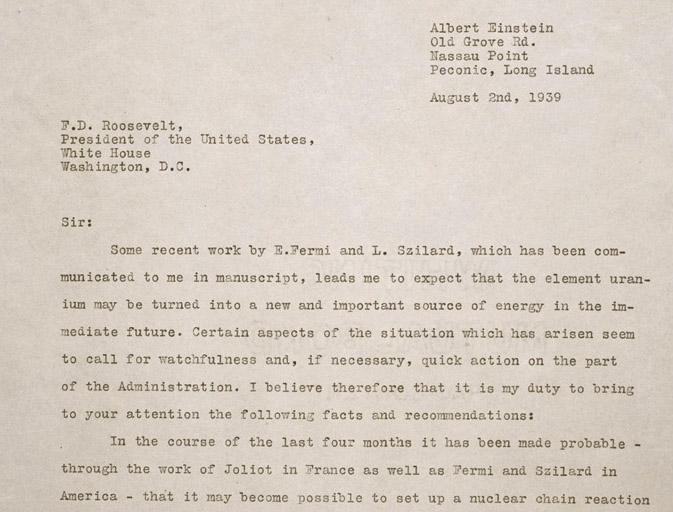
1950 CBS began colour TV broadcasts in limited areas. A set that received colour could not receive black-and-white and vice-versa. CBS marketed its own receiver for a time.

1987 An extensive sonar search did not find anything in Loch Ness but empty beer cans. The search went on for three days and cost more than a million pounds to truck the equipment in and out and employ the technicians. Facts convinced no one, just like today.
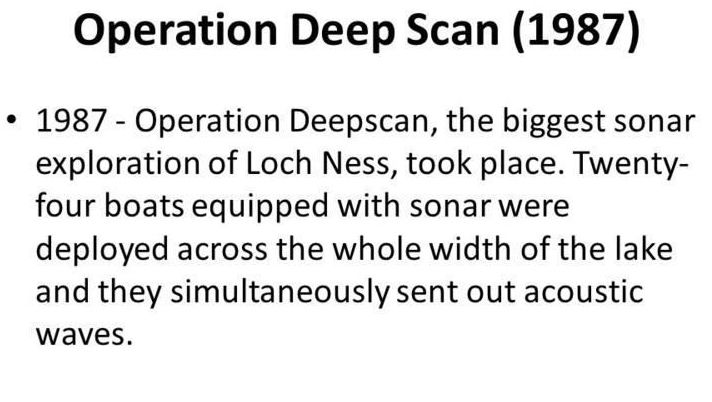
2001 The Polaroid Corporation began descent into bankruptcy. Edwin Land made the first instamatic in 1947 as a toy for Christmas. The hundred or so at Bloomingdale’s sold out instantly (ha, ha) and it went into mass production in the next year. It was so successful that it became the corporation. I used one in the office for years to take pictures of students.
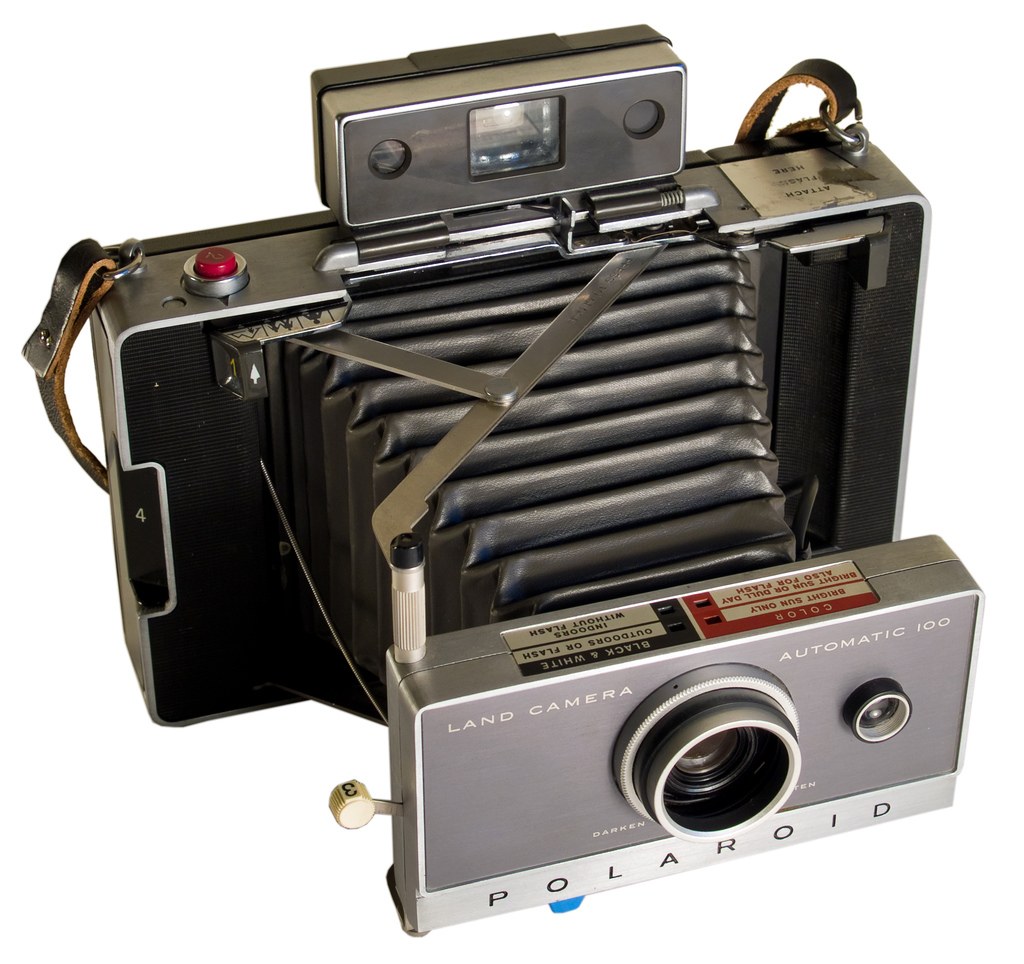
Month: October 2018
‘The Dancing Bees: Karl von Frisch and the Discovery of the Honeybee Language’ (2016) by Tania Munz
GoodReads meta-data is 296 pages rated 3.8 by 28 litizens
Genre: Biography with lots of natural science and some history.
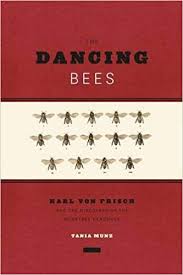
Karl von Frisch (1886 – 1982) made a lifelong study of honey bees. He was cursed to live in interesting times and his story is as fascinating as the lives of the bees he observed until the week before his death. In 1973 he was awarded a Nobel Prize.
He was born to the comfortable circumstances into a Viennese family of learned and cultured cosmopolitans. He proved to be a naturalist even as a lad, collecting creatures, plants, objects galore, and he kept doing it thereafter. Some specialise in beetles or butterflies but not young Karl. Some grew out of this interest, not Karl.
He was a good student and went into medicine but the natural world called to him.
He answered the call first by studying fish in tanks to determine sensory perceptions. The experiments are ingenious, and that became a hallmark of his work. The experiments were also meticulous in execution. Another hallmark that continued. But the fishtanks were in the basement of laboratory and he found that boring, though he was never bored.
Then conversations with others led him to the perceptions of colour and scent in bees, and that led him to the waggle dance. The waggle dance? Yup. Why do honey bees engage in this dance. It had been observed since Aristotle without any interpretation. It takes time and energy and serves no apparent purpose. Yet it must.
This dance became an obsession to Frisch and from 1922 on he joined the dance. He trained bees and studied how they related to other bees. Trained bees? He would capture some scout bees, those that leave the hive first, and then put them in the presence of a shallow dish with sugar syrup. Yum, yum. This was all done in a meadow on a card-table. Many details and permutations follow, including draping dyed sheets over poles to make the bees easier to track.
In time he installed glass walls in hives to observe the inner workings of the hive.
He was an early adapter of movie films and began to record the experiments and observations which he used in teaching and at conferences. There emerged another hallmark of his work – the clear and simple expositions. He was glad to teach anyone and everyone about bees from school children to Nobel winning scientists. He attracted battalions of graduate students who carried the word of Karl far and wide.
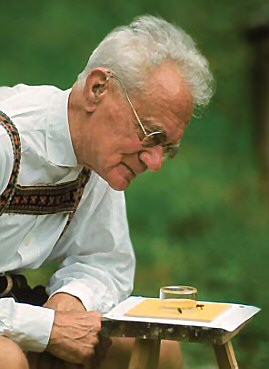 Karl von Frisch doing what he always did.
Karl von Frisch doing what he always did.
He needed them, because in 1940, much to his surprise the Naziis declared him Jewish. By then he was at Munich University where the Rockefeller Foundation had funded an institute for him. As a state employee he had to register with the regime and he did. In that time and place, nothing was ever done and in time the Registry Office found a marriage certificate of a Great Grand Mother that indicated that he had converted to Catholicism. That was enough. The inference was that she had been Jewish and converted. Nazi racism, perhaps it has to be said, was not about religious faith but race, and someone born Jewish never can stop being Jewish.
This discovery was a surprise to him and to his brothers. Frisch was classified Quarter Jew, and put on lists, forcibly retired from his university position, and denied the pension due to him. He was also suspect because to the Nazis the Rockefeller Foundation was a Jewish front. Hard to believe but there it is.
Many scientists came to support him, including a panoply of German Nobel scientists to no avail. An ideological hack replaced him.
Among his host of students many had gone into agriculture and apiary. Frisch’s supporters turned to these applied scientists to write letters and make representations about the practical and applied value of Frisch’s work to the agricultural authorities. They did and because agriculture was regarded as crucial to the Nazi war effort, these authorities advocated his case. The compromise was to make him emeritus and allow him after hours access to the laboratory facilities that Rockefeller money had built for him.
During the war he continued his research with bees. Munich was bombed flat. His home was destroyed and with it his personal library and all possessions. The Rockefeller laboratory was likewise flattened. He and wife moved to a meadow in the uplands of Austria and he continued studying bees.
When Nazi greed imported the Nosema virus by stealing tons of beehives from Russia and railroading them back to the Reich. Among the bees in those hives were carriers of this virus. In no time, millions of bees died. One of J. Robert Janes’s krimis concerns this plague, ‘Beekeeper’ (2001 ).
Bee research now became a priority. In that meadow he had a group of about twenty, students, assistants, and colleagues. Most of them had been in the war in one way or another. Most of the men were invalided out of the war, many with amputations. The women were often also carrying injuries from bombing. Yet there they were in the meadow with sheets, nets, saucers of sugar syrup, and the like.
As the war ground to an end, Patton’s army got to them before the Russians. After a day of watching tanks roll by, there cam a knock at the door. Gulp! At the door the American officer took off his hat and asked politely in German for Professor Frisch. He was on a list of German scientists to be located, identified, and recruited.
In time he became a good German, and rehabilitated and the Rockefeller Foundation once again supported him. The irony is that this good German was regarded as essential to the Nazi war effort and the Nazi regime funded his search during the war. He had only one interest and that was bees. He was not a German nationalist, or a Nazi. He lived for, in, and through science.
He found that bees communicated through the waggle dance, that they used polarised light in the sky as a reference point, and that they evolved. The scouts reported on the location and distance of food. There are videos on You Tube, including one by Frisch himself from 1926. The link is:

Tania Munz weighs and measures all of this with care, pulling no punches and glosses over nothing. It is an exemplary study of the man and his work.
Interspersed within Frisch’s story are vignettes about bees and other bee-obsessives that are delightful, and are integrated into the larger fabric. They add a dimension to the story.
The bees are almost always referred to as animals, not insects. Frisch is consistently called von Frisch though the Nazi regime stripped the von from names in the name of equality, breaking with the aristocratic past. Technically he lost his von.
In retrospect I cannot recall why he escaped Word War I. One of the limitations of the Kindle is flipping pages to find something like this.
I heard a reference to this book in ‘Exact Thinking in Demented Times’ (reviewed elsewhere on this blog) and found it intriguing.
10 October had its days.
1886 Dinner jacket worn to a ball in Tuxedo Park, NY becomes known as a tuxedo. Tuxedo Park was and is an enclave of the rich on the Hudson River. Pictured is one such estate.

1903 Emmeline Pankhurst founded the Women’s Social and Political Union in Great Britain.
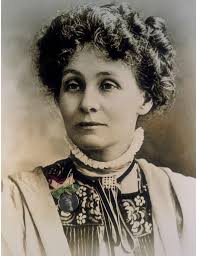
1957 U.S. President Dwight Eisenhower invited Ghanaian foreign minister to dinner at a public restaurant in Washington D.C. to apologise after he was refused service in Dover Delaware.
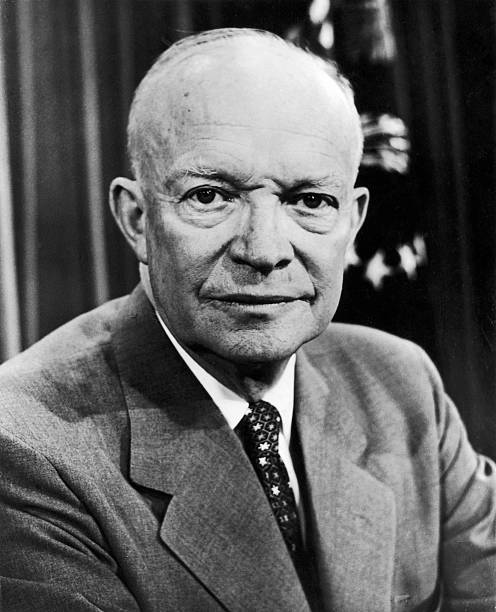
1970 La crise d’octobre a commencé au Québec. The Federal Government declared a state of siege and put the army on the streets of Ottawa, Quebec Cité, and Montréal.
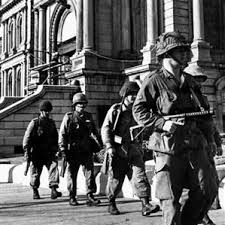
2013 Canadian Alice Munro was awarded the Nobel Prize in Literature. She wrote mostly short stories, a lot of them, and won all the literary prizes there are in Canada. The mint struck a commemorative coin on the occasion.

9 October had its moments.
768 Charlemagne crowned himself King of the Franks. He went on to unite most of Western Europe for the first time since the fall of the Roman Empire. He came to be called the Father of Europe because of that.
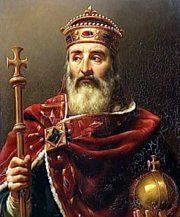
1000 Leif Ericson landed in Vinland in North America, perhaps I’Anse aux meadows in Newfoundland. Been there.
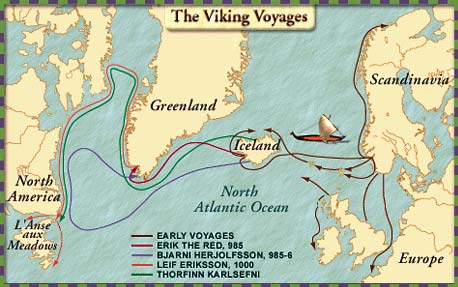
1635 Massachusetts Bay Colony expelled Roger Williams because he had opposed punishing religious dissension and confiscating Indian land. He went on to found Rhode Island as a haven for religious freedom. Ironic, isn’t it that those seeking religious freedom in the new world defined that as the freedom to punish others on religious grounds and to steal. Never been to Rhode Island.

1779 Ned Luddite led riots against spinning cotton machines in Manchester. His relatives today eschew ATMs, the Opal Card, and self-check with lame excuses. Drove through Manchester once.
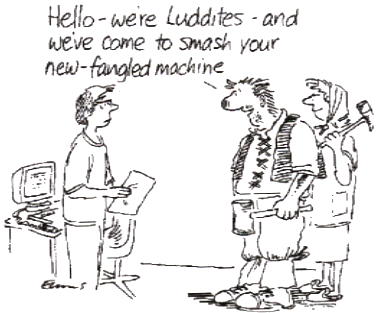
1874 The General Postal Union Treaty was signed by twenty-two nations, agreeing to deliver each others’ mail. It became the Universal Postal Union. Have licked many stamps but no more.
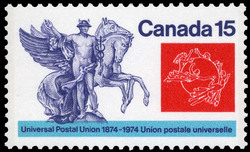
Psst. 8 October has a past.
314 Emperor Constantine became Great by defeating his rival. Big Connie moved to Byzantium to consolidate this victory. We have been there and saw lots of images of the big guy. The city on the Bosphorus became known as Constantinople for the next two millennia, though it was never officially so named.
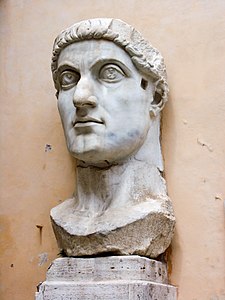
1840 An Hawaiian constitution was declared in Honolulu. Been there (often, but not often enough). It was done to show the British that Hawaii could govern itself and to lure investment from the United States.
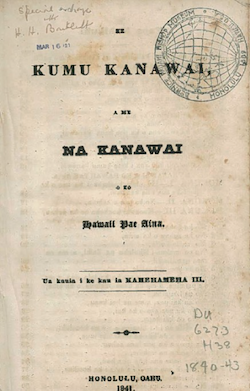
1873 O’Leary’s cow got blamed for the Great Chicago Fire. Who spoke for the cow? Not Elsie. The fire burned for three days in wooden Chicago, killing at least 200 people, and it consumed Abraham Lincoln’s hand written copy of the Emancipation Proclamation which had been on display along with other Lincoln memorabilia.
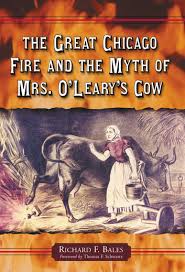
1897 Franz Jospeh I named Gustav Mahler director of the Vienna Court Opera. The appointment was bold because of the toxic anti-semitism of Vienna. In fact, the position made Mahler a target for the venom.
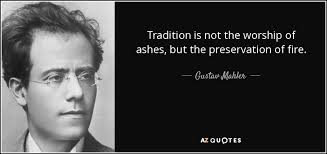
1956 Don Larson. That is all that needs to be said to a baseball fan. The journeyman Larson reached a pinnacle that no one had done before that day and which no one else has done since. He pitched a perfect game in the World Series. It remains a unique achievement. I watched on television with my dad.
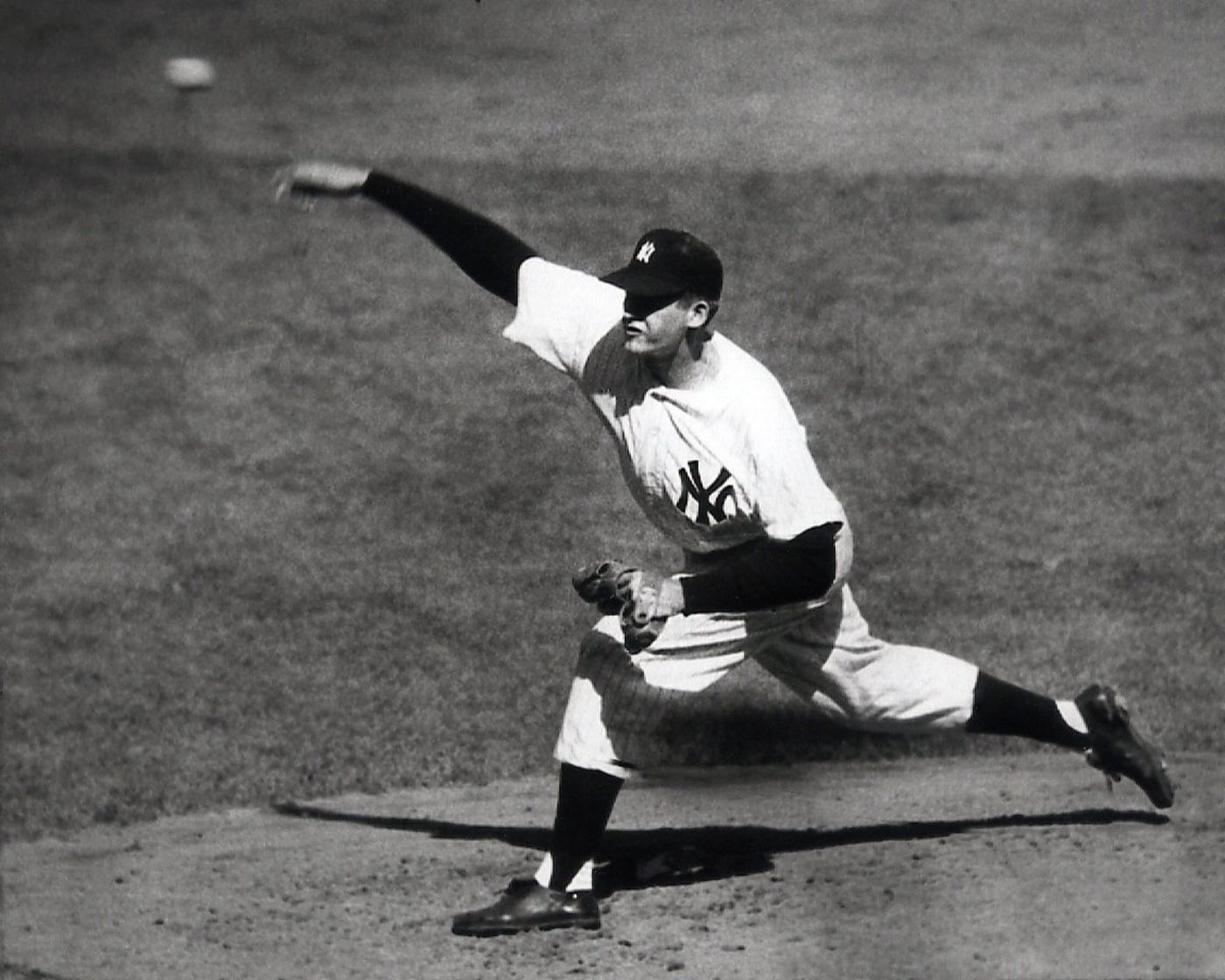
7 October has a long history.
1806 Ralph Wedgwood patented carbon paper in London. Carbon paper? We pay deference to it every time we use the CC address line in an email.
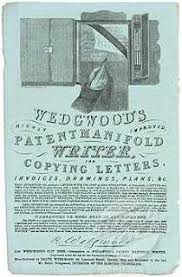
1913 The Highland park Ford factory started the first assembly line on a conveyor belt carrying the automobile chassis past work stations.
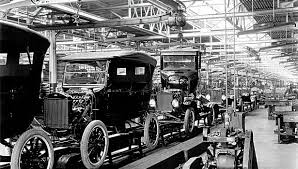
1959 The Soviet spaceship Luna transmitted the first pictures of the far side of the Moon. No doubt there are pinheads who deny the reality of either the pictures or the far side, or both.
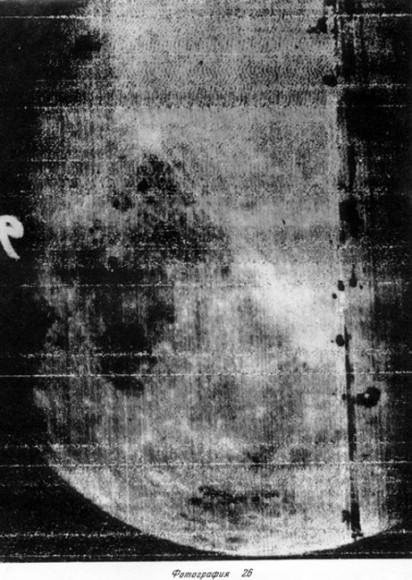
1999 Prime Minister Jean Chrétien appointed Adrienne Clarkson Governor General of Canada. All previous GGs had political or military careers. She was a journalist. All previous GGs were white-bread. She was Chinese. I met her once at a political science conference in TO. Her husband was on a panel with me. He probably didn’t think of it that way. Snob. This posed picture came from the Canadian Nation Library web site.

2003 The Terminator became the governator: Arnold Schwarzenegger was elected governor of California. After the comic opera of the Gray Years in California I welcomed the coming of the Terminator, much to the muffled irritation of Bubbles and Curly in the outer office. I hope that they now know better.

6 October’s yesterdays
A dose of history, right here.
1781 Siege of Yorktown began in a joint Franco-American operation. This led to the final American victory over the British. It was a combined land and sea operation with a French fleet and Alexander Hamilton’s artillery.
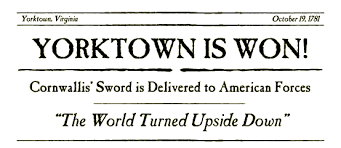
1847 ‘Jane Eyre’ was published by Currer Bell. Huh? Yes, Charlotte Brontë used a masculine pseudonym so that snowflake he-men would not melt.
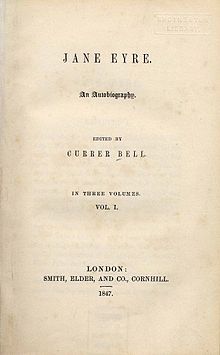
1876 American Library Association was founded in Philadelphia, a fount of learning since Benjamin Franklin set the precedent. The ALA raised and spent money on books for public libraries, and lobbied Andrew Carnegie for more.
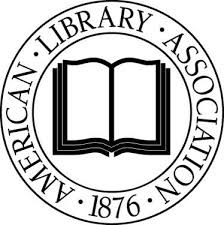
1903 Australian High Court convened for first time in Melbourne. It required a great deal of nit-unpicking to free it from the London Privy Council.

1973 Yom Kippur War started. It brought the United States and the Soviet Union into a confrontation that derailed President Richard Nixon’s long and carefully contrived policy of Detente.

‘The Great Martian War: 1913-1917’ (December 2013)
IMDb meta-data runtime 1 hour and 3 minutes, rated 7.0 by 35 cinemtizens.
Genre: fictional docudrama. (You read it here first.)
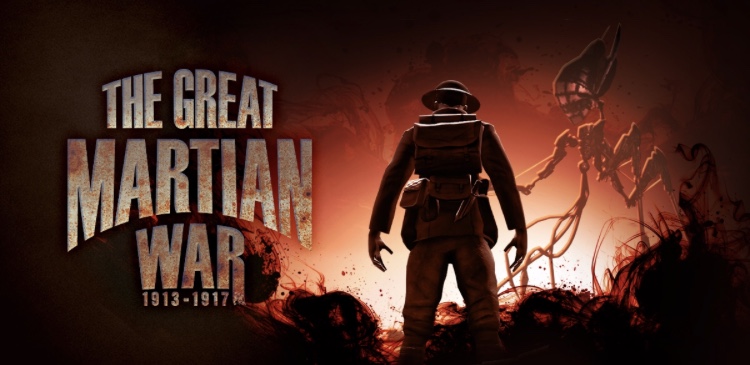
Verdict: Unique but unavailable.
As Europe teetered on the brink of a great war, a large flaming object struck a forest in Bohemia. Investigators disappear. More are sent in. More disappear. The attack began. In no time Germany disappeared into the rubble. Then the giant and impregnable Martian war machines turn west. The Great Martian War was on!
The film uses archival footage (some of which was staged for propaganda films at the time) from World War I and integrates strategies and events from the Great War and its aftermath into this story of a Martian invasion that united humankind (except for Faux News viewers). It includes retrospective interviews with survivors and historians chewing it over in the 1970s and later in French, English, and German. There are also re-enactments contrived to look like original film from World War I. It is parsed like a typical documentary but with the fictional elements blended it nicely.
Just when things seemed hopeless, the remnant of the German army using the Schlieffen Plan with Kaiser Bill in the lead reinforces the French line in the North. While President Woodrow Wilson counted the votes, former president Teddy Roosevelt raised a volunteer force to pitch in. Wilson kept counting as long as no Martians landed on his voters.
There is no effort at communication by either Martians or us. Nor is there any praying.
European High Command’s efforts to fight the Martians were counterproductive. The frontal attacks, the massed artillery barrages, the tank support, these all exhausted and depleted humanity while feeding the Martian’s war machines, most of which were made on Earth out of the ordinance fired at them. Irony is inter-planetary.
There is a sting in this tail right at the end, but no spoiler on that here, but it winds its way back to the beginning.
Watch the sky! Indeed.
It borrows from H. G. Wells’s oft recycled ‘War of the Worlds’ in large and small ways, but offers a fresh and distinctive take on it. Chapeaux! It can also be viewed as satire on the stupidity of World War I and all others.
The History Channel (Europe and Canada) produced it. The You Tube version is hard to watch because it has reversed images, helium voices, and uses only one-third of the screen. This sort of thing is done to avoid copyright claims. The irony here is that the film is NOT available on DVD, Amazon Prime, iTunes, or any other provider within my ken. I did track down a better version on the internet.
Predictably the pygmies attack it for being — wait for it — unrealistic. Perhaps that is why it is called fiction.
A subsequent television series, one presumes, gave it the Hollywood treatment: trivial, inconsistent, derivative, puerile, hysterical, and inaccurate. Wait, that could be ABC news, too.
5 October in history.
1582 Gregorian calendar standardised in Catholic Europe. It’s on the wall. We have been leaping every four years since. It replaced the Julian calendar which had to be reset every ten years. For calendar fun see my previous post on the French Revolutionary Calendar. Tuesday will never seem the same again.

1789 Women from Paris marched on Versailles (been there) to demand bread. And Marie said….
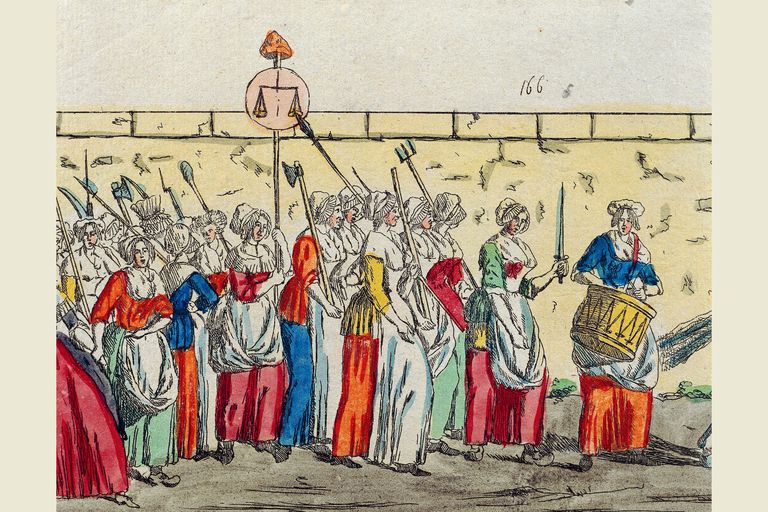
1880 Alonzo Cross patented the first ball-point pen. Used (more than) one.
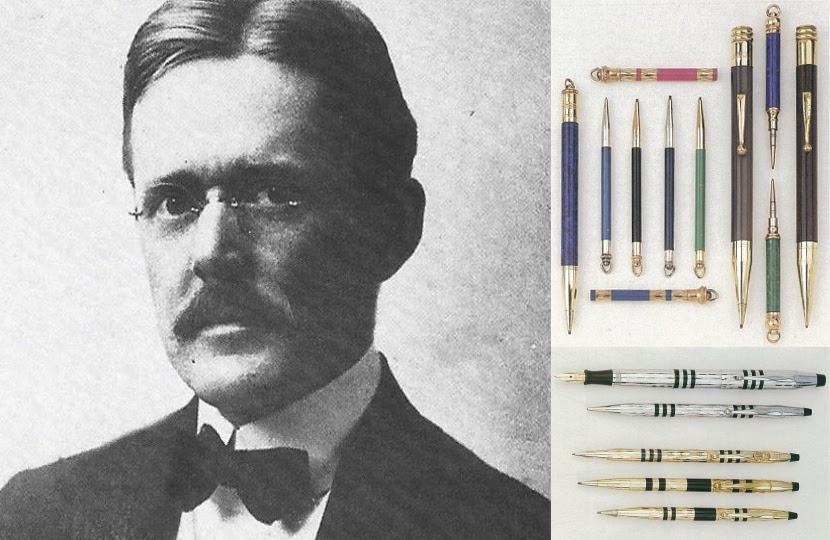
1947 First televised US presidential speech by Harry Truman. It was about food conservation and the Marshall Plan. He asked for meatless Tuesday and poultry-free Thursdays and one less slice of bread a day. I know we complied. It was a bipartisan appeal. Former President Herbert Hoover joined it.
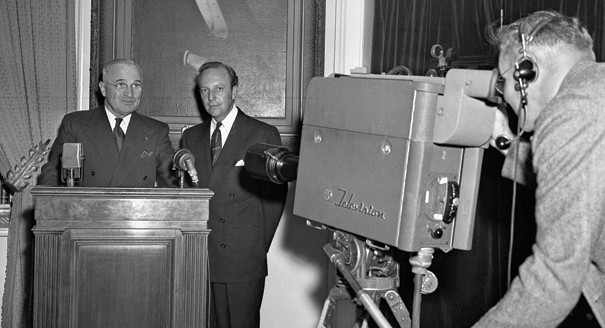
1984 Mark Garneau became the first Canadian in space (since Jean Drapeau landed). Monsieur Garneau crewed on a Challenger space shuttle flight.
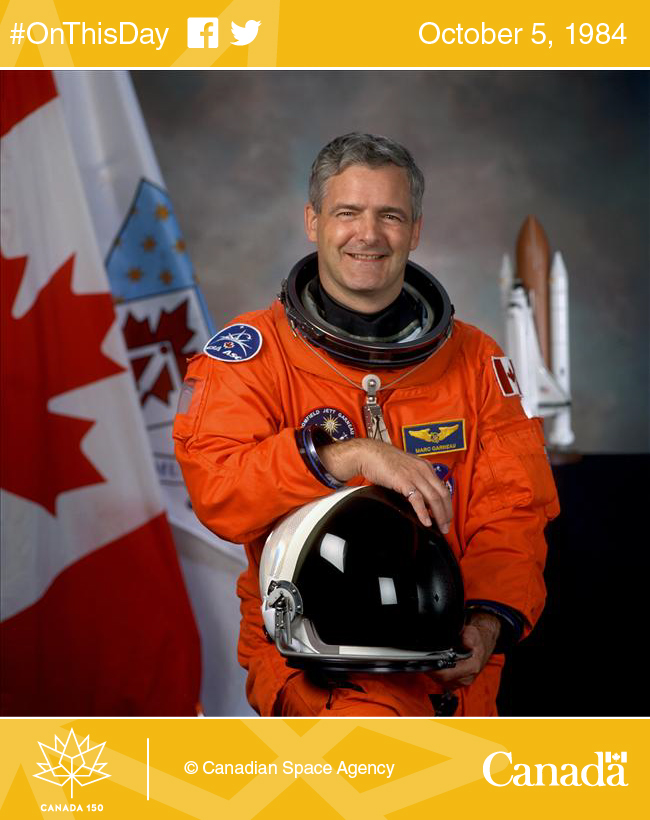
4 October in history.
History is just one thing after another.
1537 William Tyndale published an edition of the New Testament Bible. It was the first English translation based on early Greek and Hebrew texts and the first English translation to be mass produced.
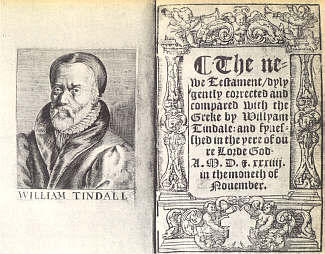
1797 The first Spanish merino sheep’s back arrived in Sydney. They came from Escorial. (Been there.) The MacArthur’s developed Elizabeth Farm. Been there.
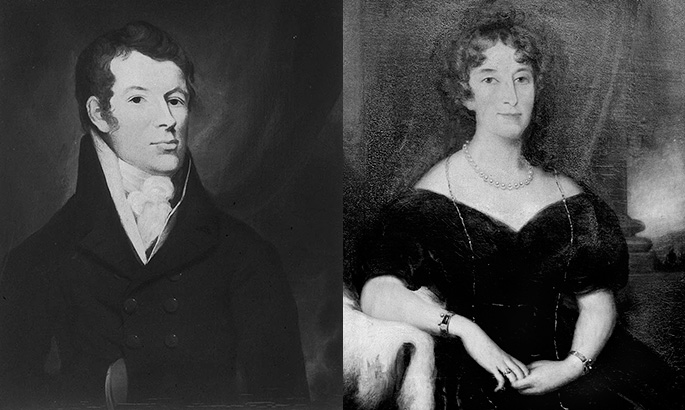
1883 The Orient Express started. Been to the places named on the poster and once rode on a leg of the Orient Express from Munich to Vienna. Not the grand train of legend but the everyday service from one end of the line to the other.
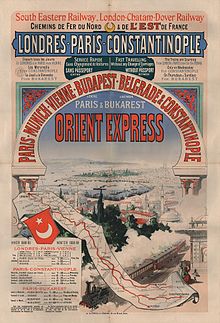
1927 Work began on Mount Rushmore monument. Been there. The Crazy Horse monument will look like the image in white in the foreground. Expect a Trump Tower to blot the landscape all too soon.
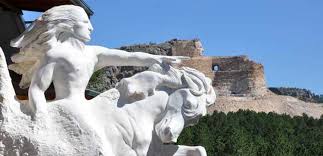
1957 Sputnik launched. I heard its beep beep in the junior high school auditorium where we were gathered to hear Walter Cronkite put on a brave face this accomplishment for (Red) mankind. No I cannot link sound recordings to these entries, though I have tried. It can be found on You Tube.

